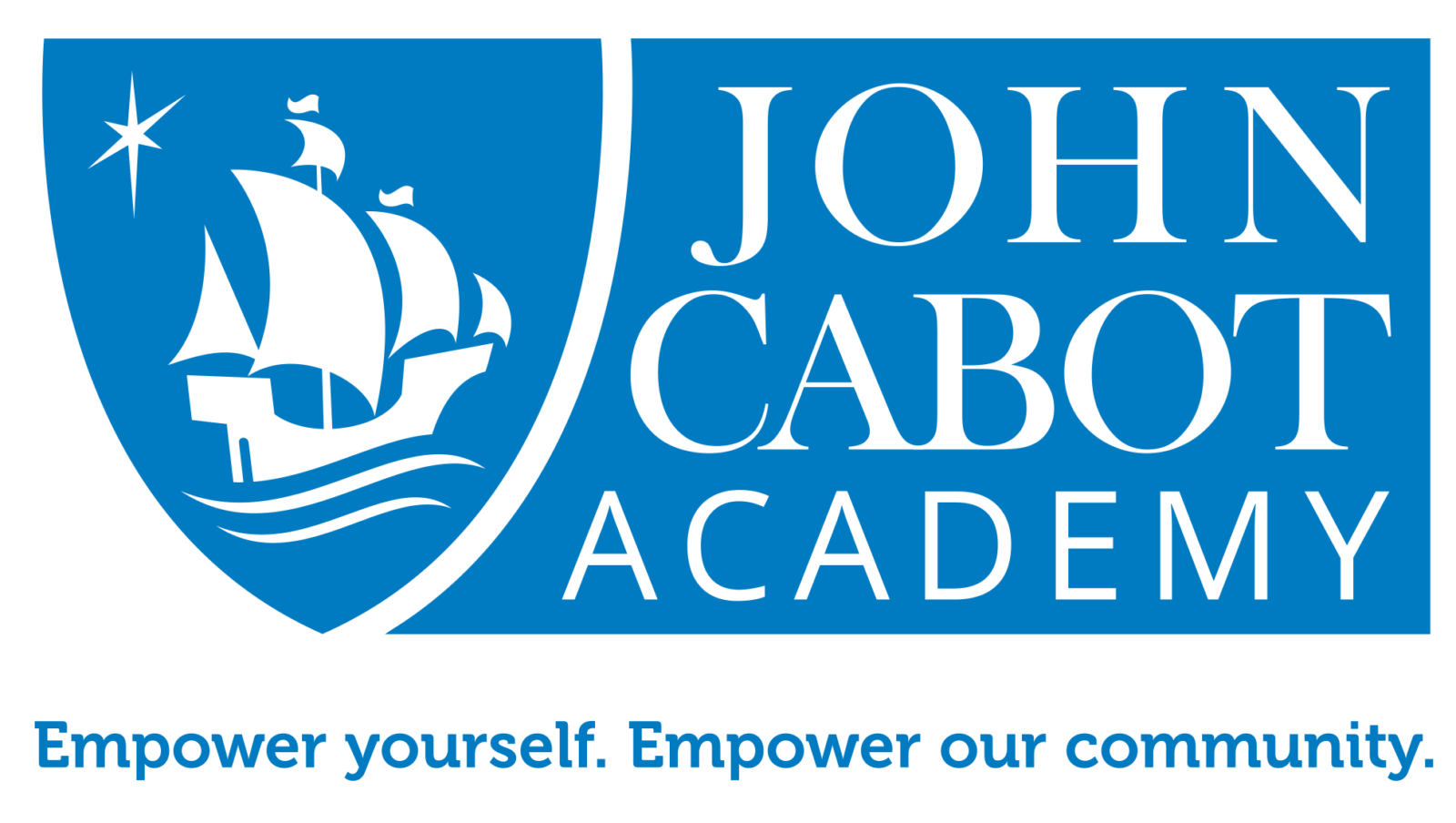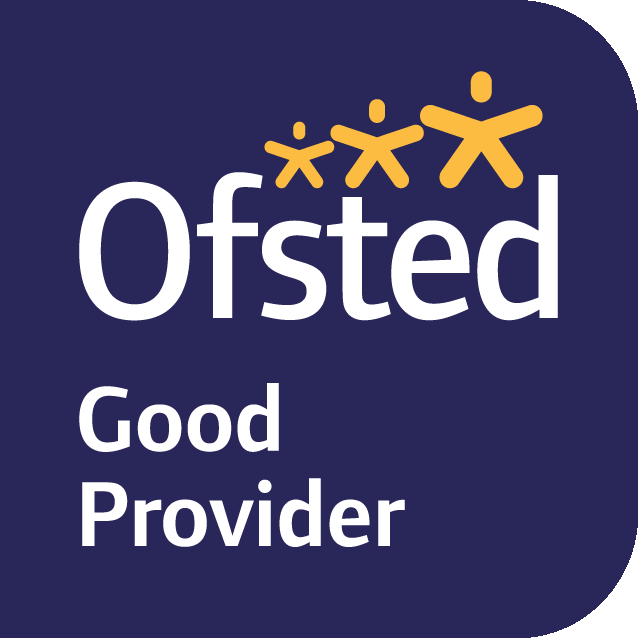Curriculum Statement
Teaching and learning
Our students’ discovery of an exciting, rigorous, broad and ambitious curriculum is the core purpose of our school. The more we compel our students to think deeply, and the more skilfully we do this, the greater the learning, so the greater the impact the school is having.
We will achieve this by ensuring that students feel a sense of belonging and acceptance within the academy, that students’ efforts, skills and values are recognised to build self-esteem, that learning environments feel safe, encouraging active participation, risk taking and positive engagement and, through maintaining high standards underpinned by the expectation that everyone works hard and tries their best. Universal principles of excellent teaching practice are what our teachers must ensure they are considering, striving towards and reflecting on, in every lesson, so that their students may thrive academically, flourish and grow as young people, and understand what they are learning and why.
At JCA we strive for our teaching to be:
Expert
- Teachers have expert knowledge of their subject’s domain, specification, subject-specific pedagogy and their students
- Explanations and modelling are highly effective#
- High standards of literacy and oracy are promoted
- Conditions for learning and comprehensive high expectations are evident in classrooms
Memorable
- Links are made with prior learning and across domains
- Student practice of new material is guided, deliberate, sufficient and independent
- Content is expertly interleaved and new content is presented in appropriately sized well-sequenced steps
Responsive
- Students’ understanding is expertly checked and gaps are acted on
- Misconceptions are anticipated, identified and addressed
- Scaffolding is provided where necessary
- Feedback is of a high quality and students act upon it
- Teachers manage their students’ mindsets competently.
Feedback
Homework
You can find our homework policy here.
Subjects
All our students study a broad and balanced curriculum, designed so they get access to a range of exciting and varied subjects.
Below you will find links, each of which opens a PDF that provides information as to that subject’s content, and what students learn about and when. Curriculum team leaders can provide a lot more detailed information regarding the careful sequencing of the curriculum if required; please send an email to [email protected] if you would like to know more.


